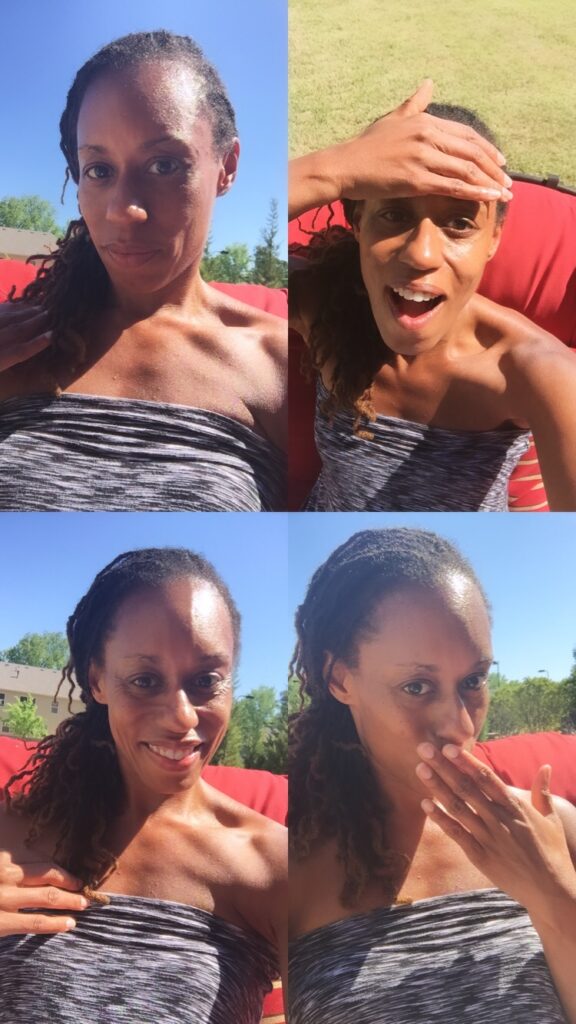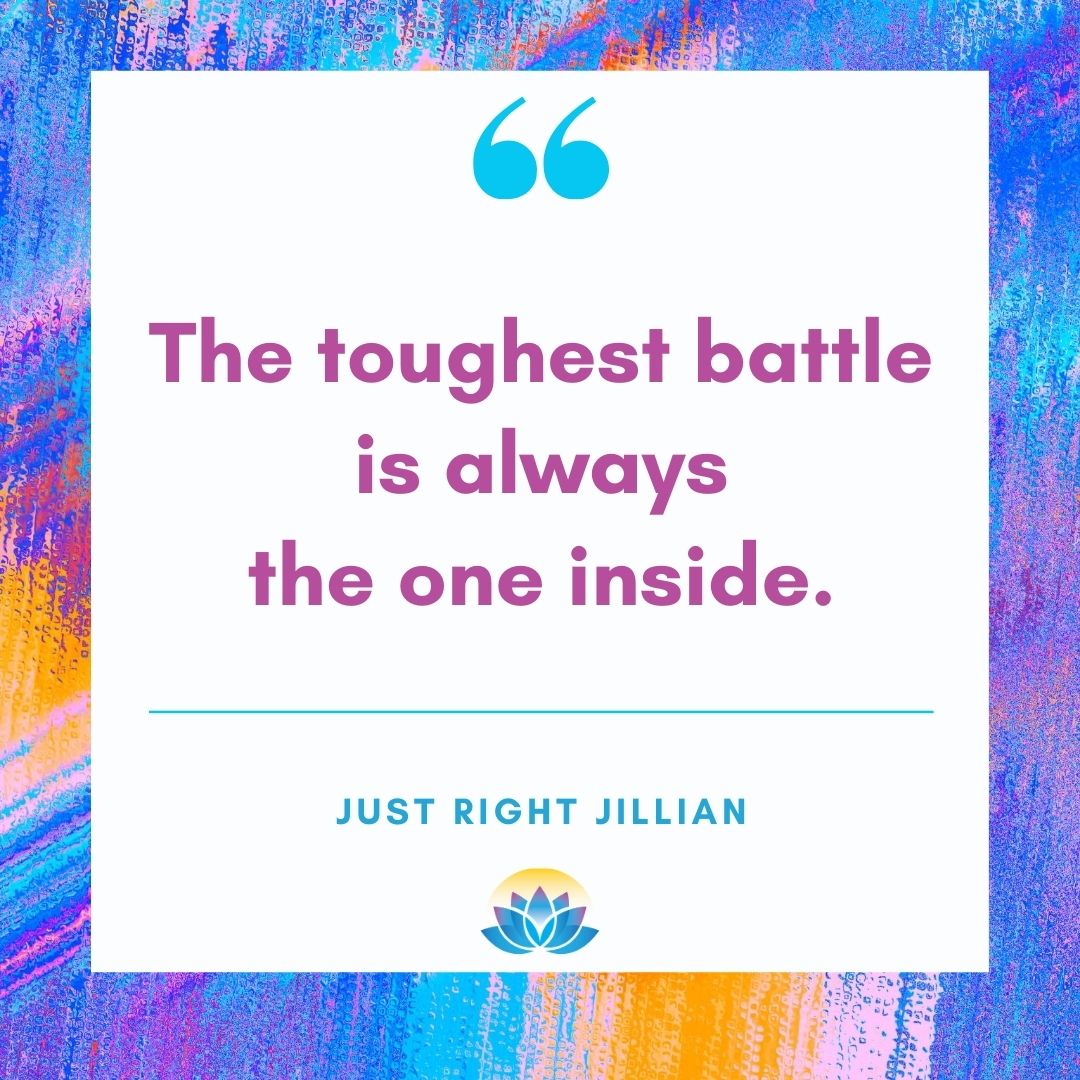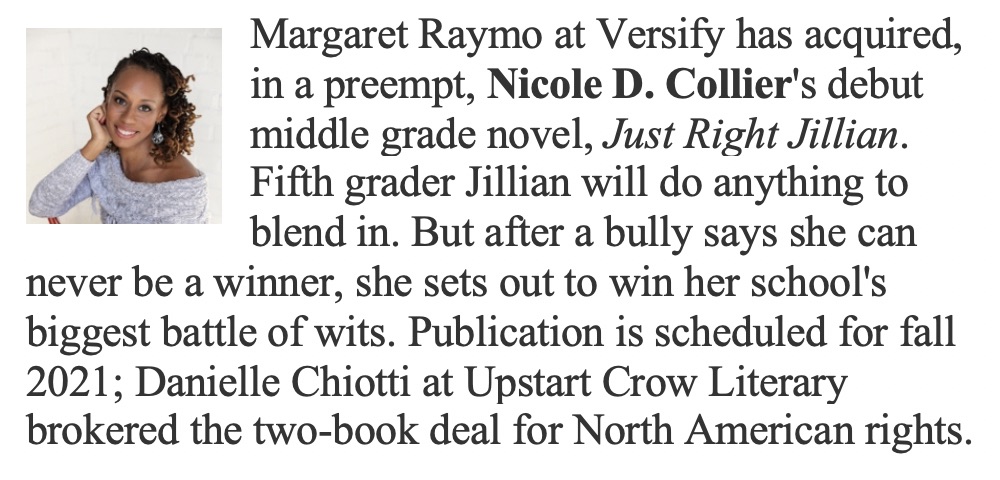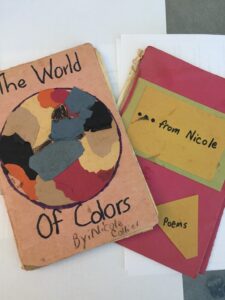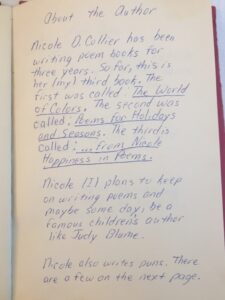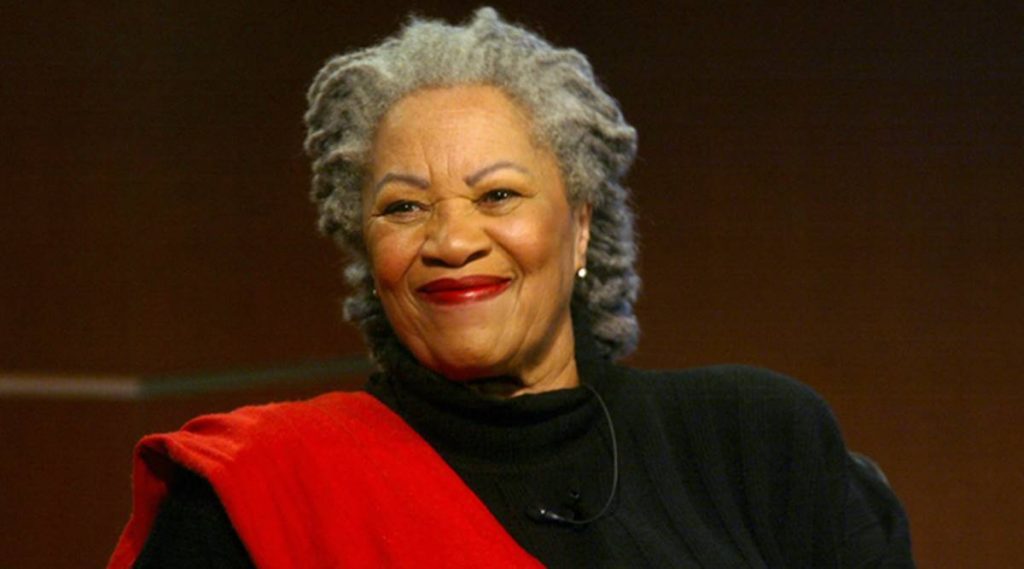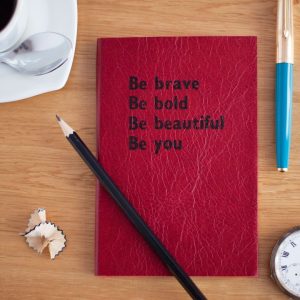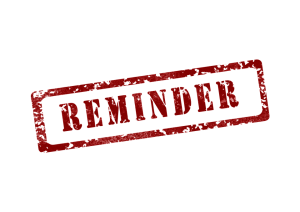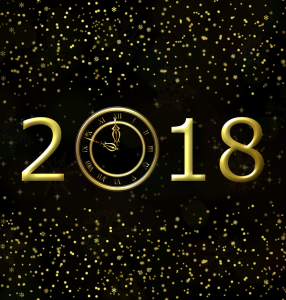The good news. The sabbatical is working. My brain is back online! I have so many new ideas and one of them is crystallizing pretty well. Younger me would be so excited to have multiple longform ideas to chose from.
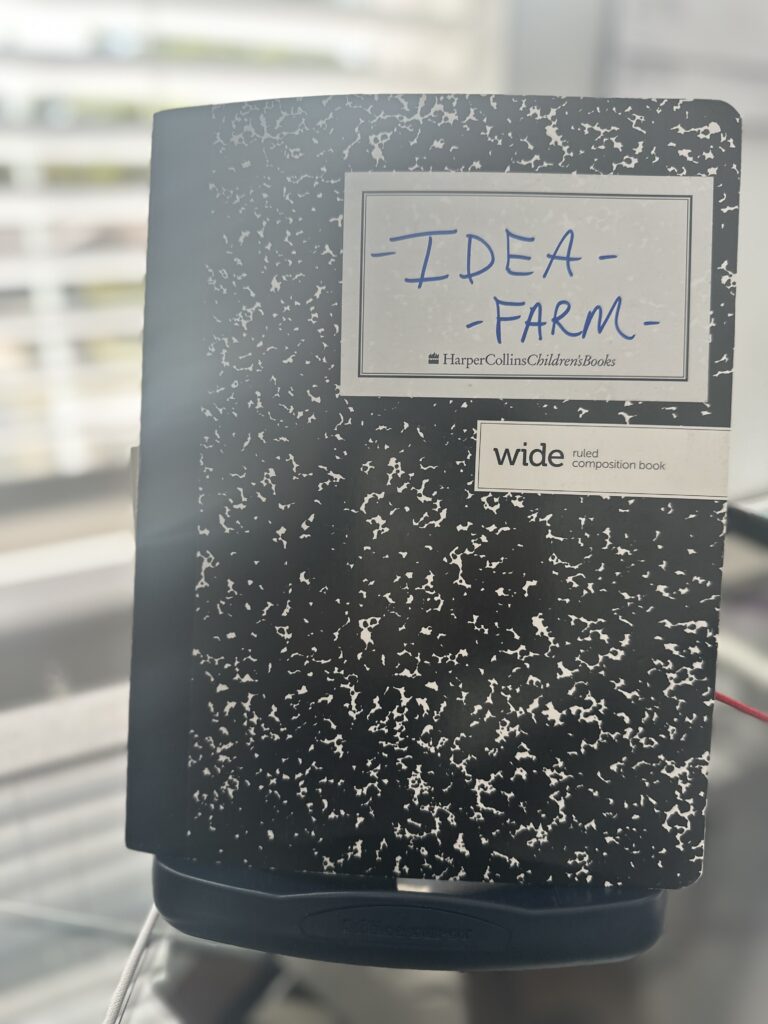
The neutral news. It’s interesting being off schedule or having freedom over your day after feeling overworked for several years in a row. Sometimes I feel unmoored, which is not a feeling I love.
But nurturing my ideas (I have a composition book labeled Idea Farm) helps. I have to remind myself to be patient and to be okay with ambiguity. This is a major shift, after all.
Secret: I don’t crave the old work but I think about the old income. I know that I’m okay and will be okay. But I still think about it from time to time.
Other news. Some things have gone awry at the former gig. I felt bad about it and just learning that things weren’t going great triggered my anxiety. It was pretty interesting to watch my reaction unfold over a couple of days. My partner/boss has vowed to take full responsibility for getting things on the right track. I had the chance to review all of the transfer work that I did. I stand by it. It’s a high quality transition document. It took two full months of constant work to document processes. I did that!
Great news. After I really looked at it from the eyes of a new person, I was proud and calm and felt resolved in my current boundaries. Truth? I know I could get on payroll and fix things. But that would be pulling me away from where I want to be this year. Mired in details. Bogged down in minutia. No thank you. I choose my Idea Farm.
With these blogs, I’m documenting where I am with things, but it’s not with a heart of complaint. I’m very grateful to be fully present and have the space to figure things out.

